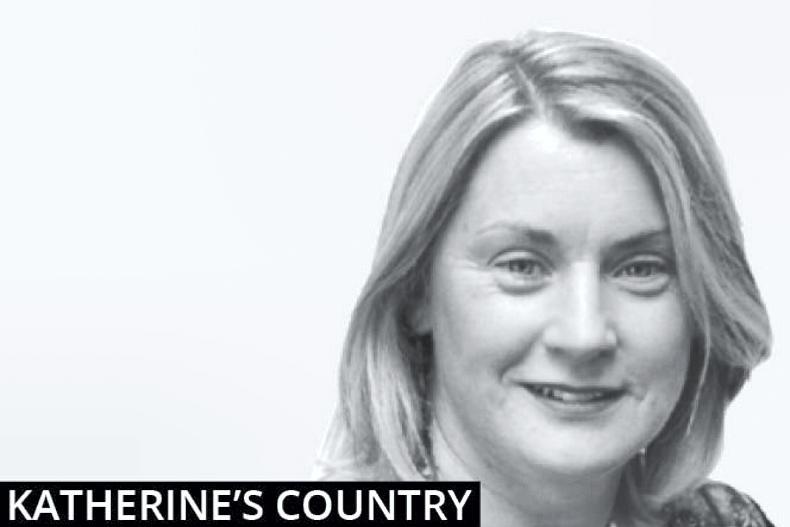The first thing to look at is managing yourself rather than managing your time,” says John McNamara, a Limerick-based life coach.
“We can’t control time. We have 24 hours in the day, the same as every other person, but how you manage yourself within those 24 hours will dictate how much you get done.”
John’s tips for managing your time:
1. Do an audit for a full week. Keep a diary of what you are doing every single day. Identify the things that are wasteful, whether it’s social media or watching the Kardashians. With that awareness, you can then say: “I wish to change a, b and c so that I can achieve x, y and z.”
2. Plan your week in advance. Sit down on a Sunday night and write a detailed to-do list for your Monday to Friday. Include what you want to get done across all areas – business, pay bills, call on family, fitness/health and so on. Leave a bit of space too for things that may crop up.
3. Figure out what it is you want to do that you’re not getting done. Know what you want to achieve in the next six to 12 months, then ask yourself: “What do I need to do this week to move me closer towards that goal?”
4. Tick tasks off as you complete them. Doing this can feel very satisfying.
5. Prioritise. Ask yourself what things are going to bring you most value this week? Make sure they are prioritised.
6. Develop discipline. Develop a habit of making good decisions every day about what you have to do. Don’t get distracted by invitations out for coffee, for example, if you have work planned.
7. Turn off Wi-Fi and put your phone on silent sometimes. That way you’re not tempted into WhatsApp conversations or scrolling through a stream of nonsense when you should be working.
8. Be really honest with yourself about how you are spending your time. You may be wasting more time than you think.
9. Eliminate the time-wasters. This may be going for coffee, that extra snooze in the morning or watching rubbish on TV in the evening. Give these up in order to achieve what you want.
10. Identify when you are most energetic and alert during the day. Protect that time when you know you are most productive. Getting up early suits some people, whereas some people get more done at 10pm at night. Do the things at that time that are going to give you the biggest result.
11. Steal time. When you do the audit, start to steal some time back from the unproductive stuff. Maybe you need to get up an hour earlier, say 6am. Work cleared then may prevent stress later in the day.
12. Say no. Think before you say yes. This is a big one for Irish people. Sometimes we give in too easily when people ask us to do stuff. You need to ask: “What am I going to get from this?” It’s a life balance issue. Say: “Leave it with me, I’ll come back to you in a few days.” You can make a more educated decision then.
13. Minimise distractions. Put yourself in an environment where there aren’t a lot of distractions, whether it’s people, technology or television (time and energy vampires). Go somewhere else, eg to your local cafe or hotel, have a cup of coffee and get your things done for an hour. Change is good to stimulate us and it brings with it a different mindset.
14. Don’t be bored. Don’t just sit down and just look at TV for five hours in the evening. Do something that’s working towards your longer-term goal – reading a book or articles that you’ve bookmarked maybe. You can look at them if you’re stuck in a queue too, for example. It’s all learning and educating yourself.
15. Be aware that small decisions make a difference over time. Most people think their life is going to change because of some cataclysmic decision, but usually it’s just a series of small decisions every day that makes a difference. Good or bad, you have a choice when you’re making them. Small changes have a big impact – eg cutting out eating junk food in the evening could mean you’d lose a stone and a half in a year. CL
John McNamara is based in Limerick and specialises in confidence and personal coaching. See www.evolve-life.com









SHARING OPTIONS